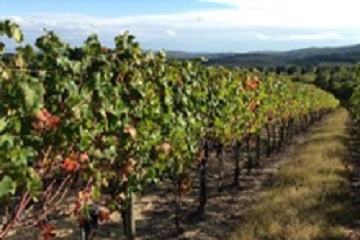
NUTR/FSST 351: Food, Community, and The Mediterranean Diet in Italy
Course Description
The Mediterranean Diet has often been promoted as one of the healthiest diets in the world. It has found broad appeal in part because of its rich, fresh flavors, and focus on ‘traditional,’ often romanticized foods. But, the role of community, conviviality, and connection through food is often ignored.
In this course we will examine the history of the Mediterranean Diet, how it rose to prominence, and how it is put into practice in and through the community: at markets, kitchens, gardens, in general discourse and rhetoric, and at the dinner table in present-day Italy, particularly in Perugia, and more broadly in Umbria.
Aside from course content, students will have the opportunity to get hands-on experiences outside of the classroom to more effectively understand the nature of food and community:
- Cook with locals in Perugia, and in the Umbra Institute teaching kitchen
- Visit a local sagra food festival – a uniquely Italian experience
- Visit and work in the beautiful Orto Sole urban garden
- Shop and converse with patrons and vendors at farmers markets
- Visit cheese, wine, olive oil, and grain producers and participate in tastings at each site
There will be a strong emphasis on the reflection of out-of-class and hands-on experiences.
Course Objectives
- Describe the key dietary and behavioral features of the Mediterranean Diet, as described in the literature.
- Apply the understanding of the construct of community in an Italian food context
- Conduct a structured, detailed observations of key community features that influence diet in a Mediterranean setting, and describe these findings
- Demonstrate, through in-class tasks and field experiences, their critical perspective on how food production and consumption in Italy matches with the key tenets of the Mediterranean Diet and of Community
- Reflect, in an informed manner, on their experiences living in a Mediterranean Culture, and the impact on their food behaviors and values.
Course Materials
Mandatory course reader; available in digital format

